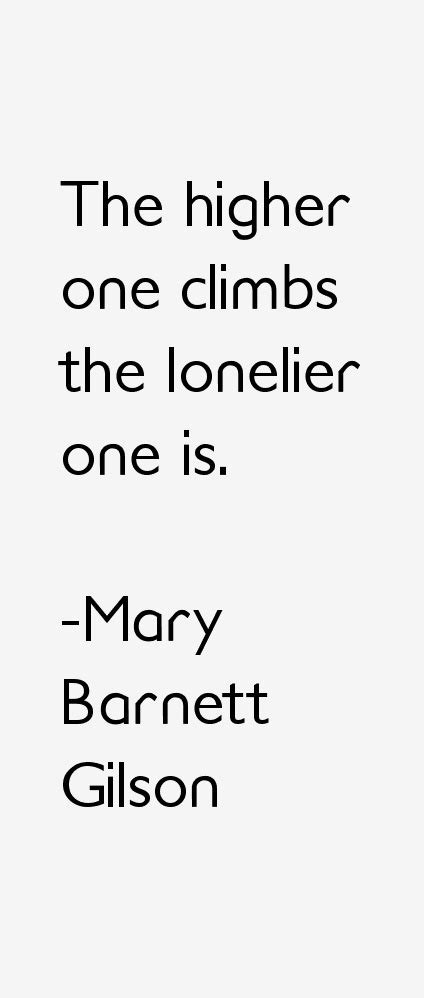A Quote by Johann Kaspar Lavater
The great rule of moral conduct is next to God, respect time.
Related Quotes
At this point, an urgent question arises: [...] Is it our duty to seek to become a thorough and complete human being, one quite sufficient unto himself; or, on the contrary, to be only a part of a whole, the organ of an organism? Briefly, is the division of labor, at the same time that it is a law of nature, also a moral rule of human conduct; and, if it has this latter character, why and in what degree?
There is no evidence for a god, no coherent definition of a god, no good argument for a god, good positive arguments against a god, no agreement among believers about the nature or moral principles of a god, and no need for a god. We can live happy, moral, productive lives without such belief, and we can do it better.
One reason for the decline in moral values is that the world has invented a new, constantly changing and undependable standard of moral conduct referred to as "situational ethics." Now, individuals define good and evil as being adjustable according to each situation; this is in direct contrast to the proclaimed God-given absolute standard: "Thou shalt not!"-as in "Thou shalt not steal".
The rest of the world cares about how we conduct our affairs because they then take that lead. We're the only leader in the world today. Some are wishing us well, others think that we're down and are not going to get back up again, but they are all watching with great interest to see how we conduct our business over the next couple of years.







































